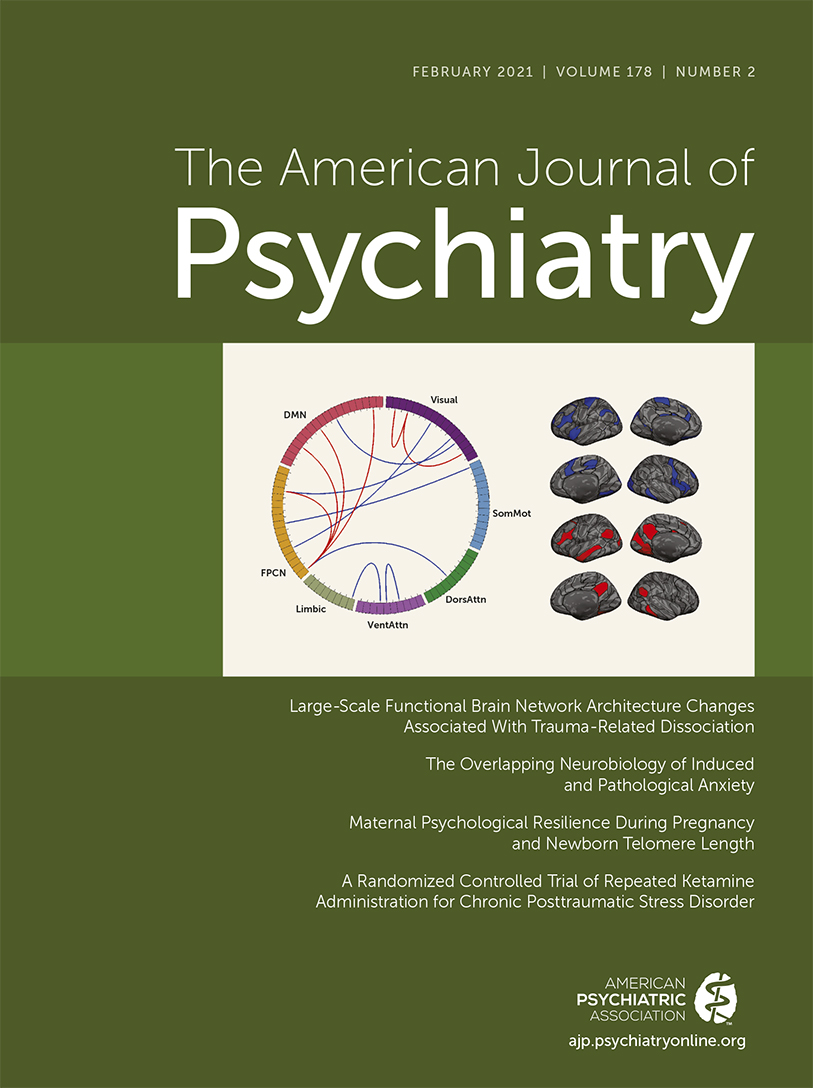Comment on “Do Benzodiazepines Cause Alzheimer’s Disease?”: Response to Maust and Wiechers
To the Editor: I thank Drs. Maust and Wiechers for their letter regarding my editorial on benzodiazepines and Alzheimer’s disease. I agree with their comments: benzodiazepines may have side effects that can diminish cognitive and psychomotor skills in elderly patients. The degree of impairment does not occur in all elderly individuals and may depend on dose and individual drug sensitivity as well as advanced age, medical health, presence of other medications, and drug and alcohol use. I also agree that nonjudicious prescription of benzodiazepines in any age group may constitute or contribute to a public health concern. I did not include such observations because the editorial focused only on the Alzheimer’s disease study by Osler and Jørgensen published in the June 2020 issue of the Journal.
The authors cite an older, small study of mine showing improvement in very mild decline in recent recall when benzodiazepines were discontinued. However, it was clear from interviewing the subjects after the study concluded that they (nearly unanimously) preferred the drug’s calming effects over any mild forgetfulness. As one subject commented: “What’s to forget?” That is, they experienced only slight impairment of recent recall (e.g., the previous night’s television show themes). No subject experienced true loss of memory.
It is important to consider that anxiety and decreased sleep may diminish cognition in the elderly and that the anxiolytic effect of low benzodiazepine doses may help diminish decline in cognition caused by anxiety and fatigue. When carefully prescribed to appropriate individuals, benzodiazepines can provide a degree of calming and nighttime sedation. However, the authors correctly remind us that benzodiazepines also may be associated with potentially hazardous side effects and should be prescribed carefully only to responsible users of all ages.



